The international videoconference on the Future of the European Union, hosted by the Ministry of Justice in partnership with the Ferenc Mádl Insitute of Comparative Law was held on 25th June, 2020. The main goal of the Conference, consisting of two panel discussions, was aimed at the proactive launch in Hungary of the citizen-led series of debate on the Future of Europe and at drawing up the guidelines of the Conference series with the involvement of the core partners and institutional stakeholders. The first panel discussion, under the moderation of Prof. Dr. László Trócsányi, member of the European Parliament and Honorary President of the Ferenc Mádl Institute of Comparative Law, included Dr. Judit Varga, Minister of Justice of Hungary, Karoline Edtstadler, Federal Minister for the EU of Austria and Andrea Metelko-Zgombić, State Secretary for Europe of Croatia, as speakers. All participants highlighted the importance of gaining knowledge about the opinion of European citizens and channelling this knowledge in the process on the Future of Europe through a transparent consultation mechanism. The speakers in the debate considered that the support of the Western Balkans and of the accession countries, as well as the engagement of the national parliaments in the dialogue on the Future of Europe is of utmost importance.
The second panel of the Conference, which involved representatives of the civil society discussed the possibilities of bringing the Conference series closer to citizens. The panel comprised Frank Spengler, the Resident Representative of the Konrad Adenauer Stiftung, and Ágoston Sámuel Mráz, Chief Executice Officer of Nézőpont Intézet and was moderated by dr. Márton Sulyok, substitute member of the Management Board of the Fundamental Rights Agency of the European Union and Senior Lecturer of the Faculty of Law and Political Sciences of the University of Szeged. The panellists unanimously emphasised the importance of the engagement of citizens, their direct or indirect involvement in the debate and the creation of a positive European vision. As for the engagement of citizens, a particular emphasis was placed on transparency, plain language and institutionalised incorporation of citizen’s opinions. The speakers and panellists of the videoconference agreed that the gap between the European institutions and the citizens must be reduced, and that the European Union has to focus on issues of strategic importance, without restricting the discretion of the Member States. The Hungarian practice of national consultations was also raised as an example for channelling the critical opinions of the citizens.

The aim of the Conference, which was sponsored by the three main EU institutions, was to rethink the direction and institutional architecture of European integration. The Conference is therefore an opportunity for a kind of introspection in Europe, which is prompted by the differences between the political priorities of the EU institutions and the expectations of EU citizens, as highlighted by the elections taking place across Europe. This is reinforced by the fact that, alongside the successes of European integration, the effectiveness of the EU’s functioning and action has been criticised in a number of areas.
Programme of the event in Hungarian:
vitaindito-kerekasztal-beszelgetes-az-europa-jovojerol-program
Pictures from the event:
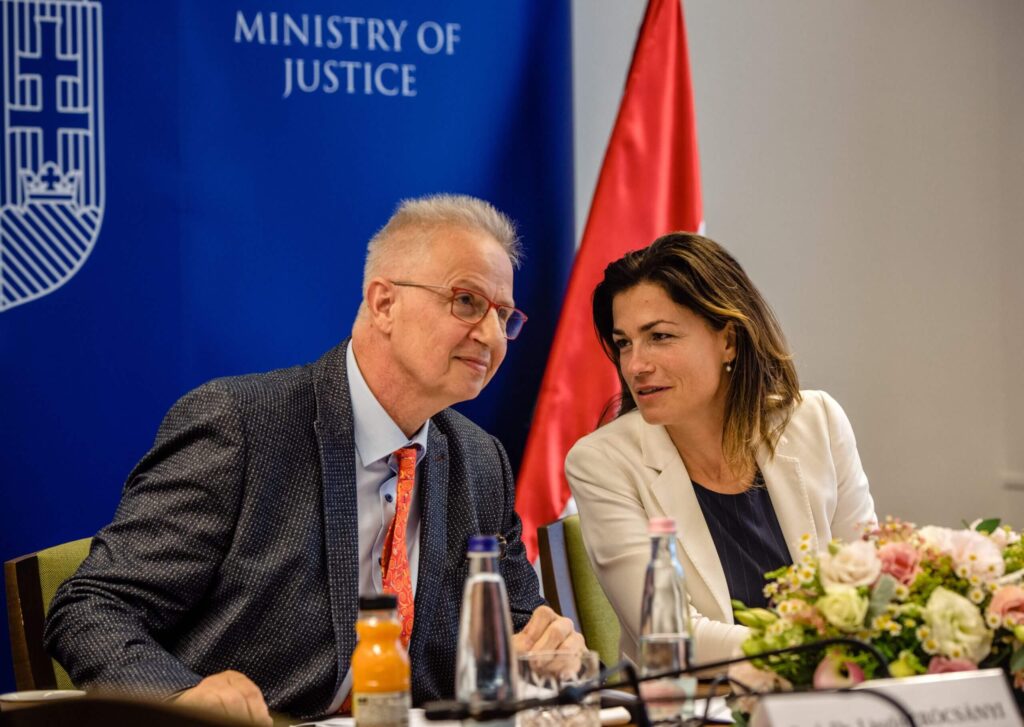
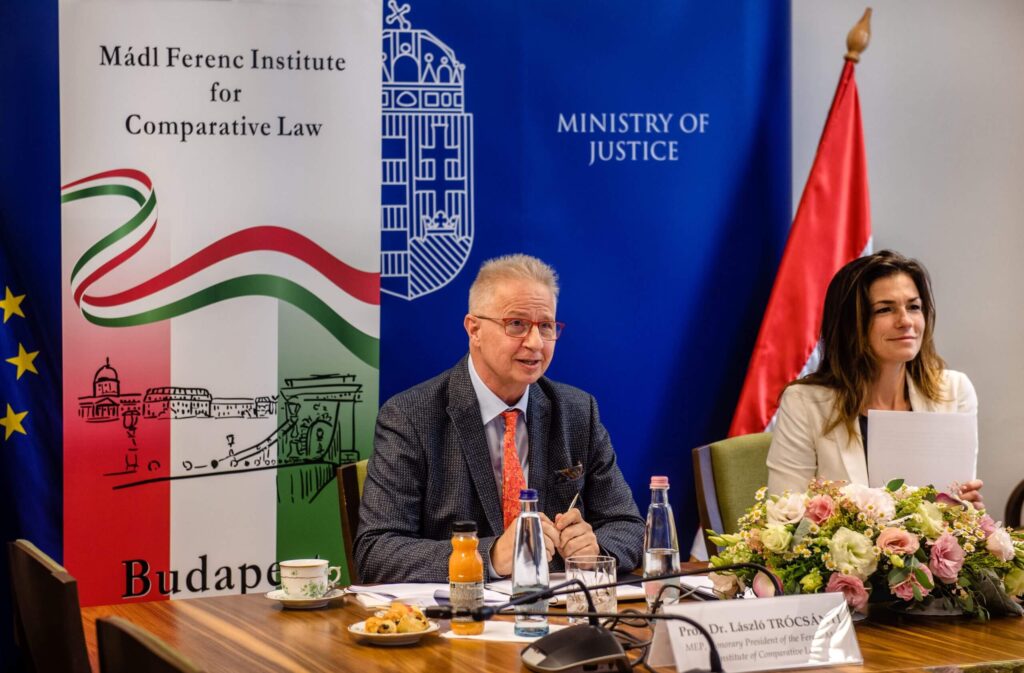
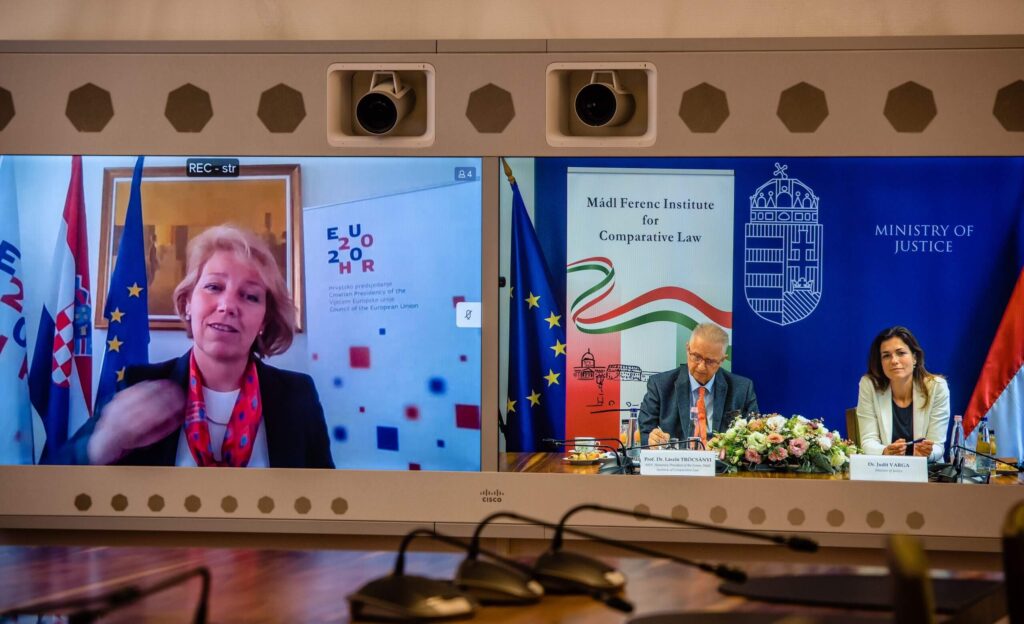
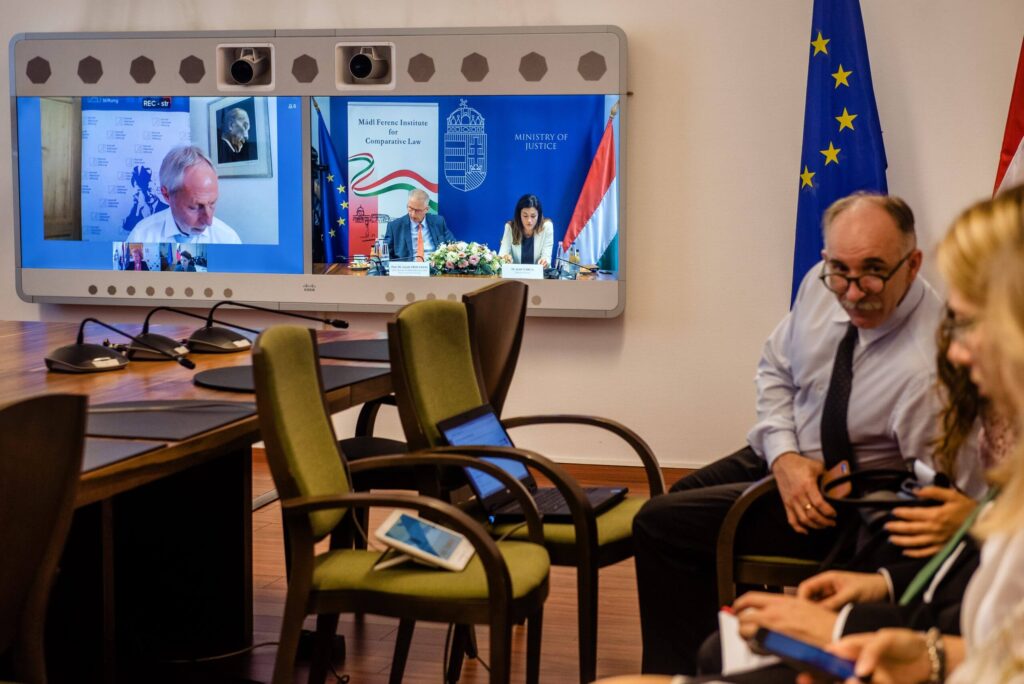
A video of the first panel of the roundtable discussion is available here:
